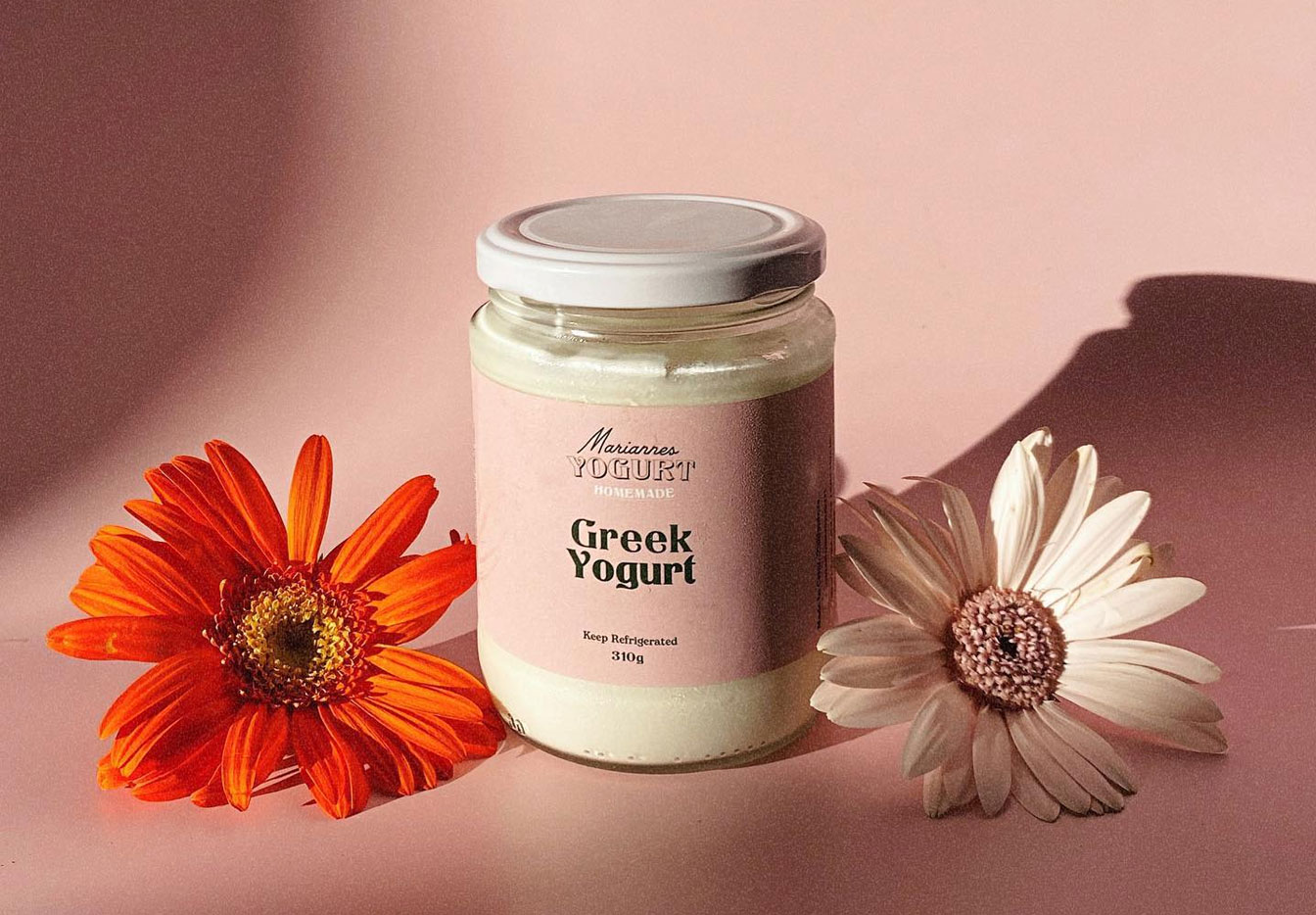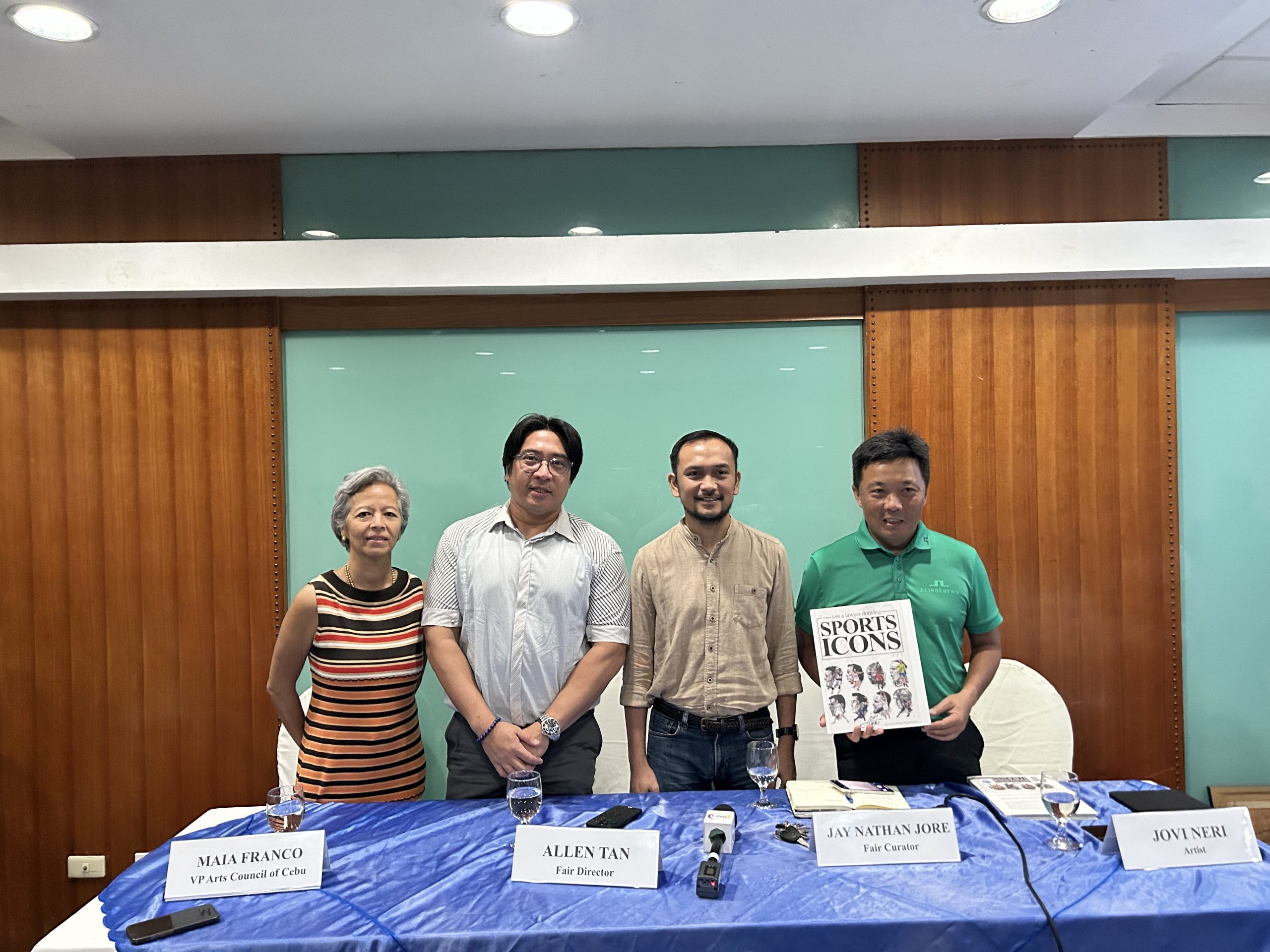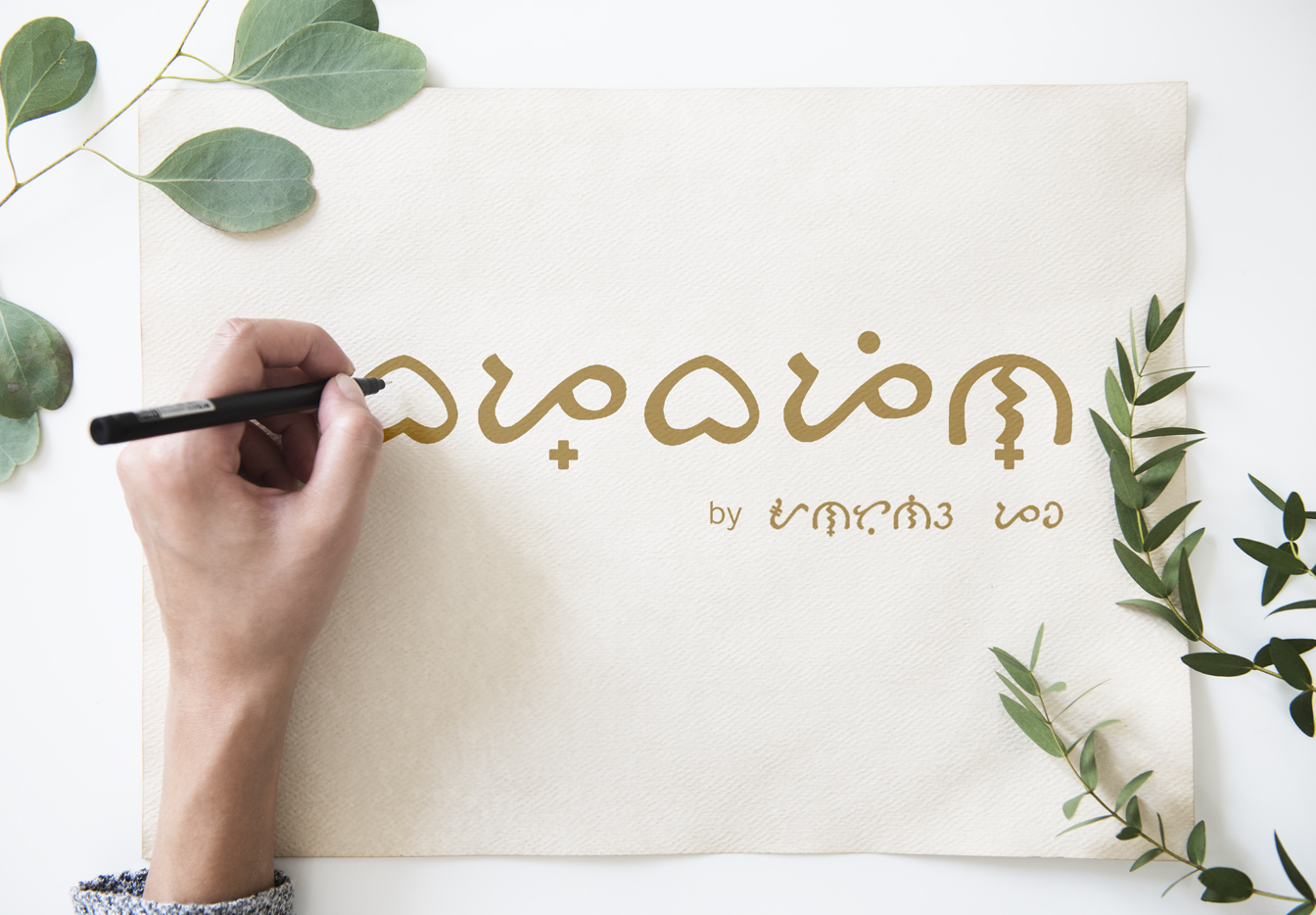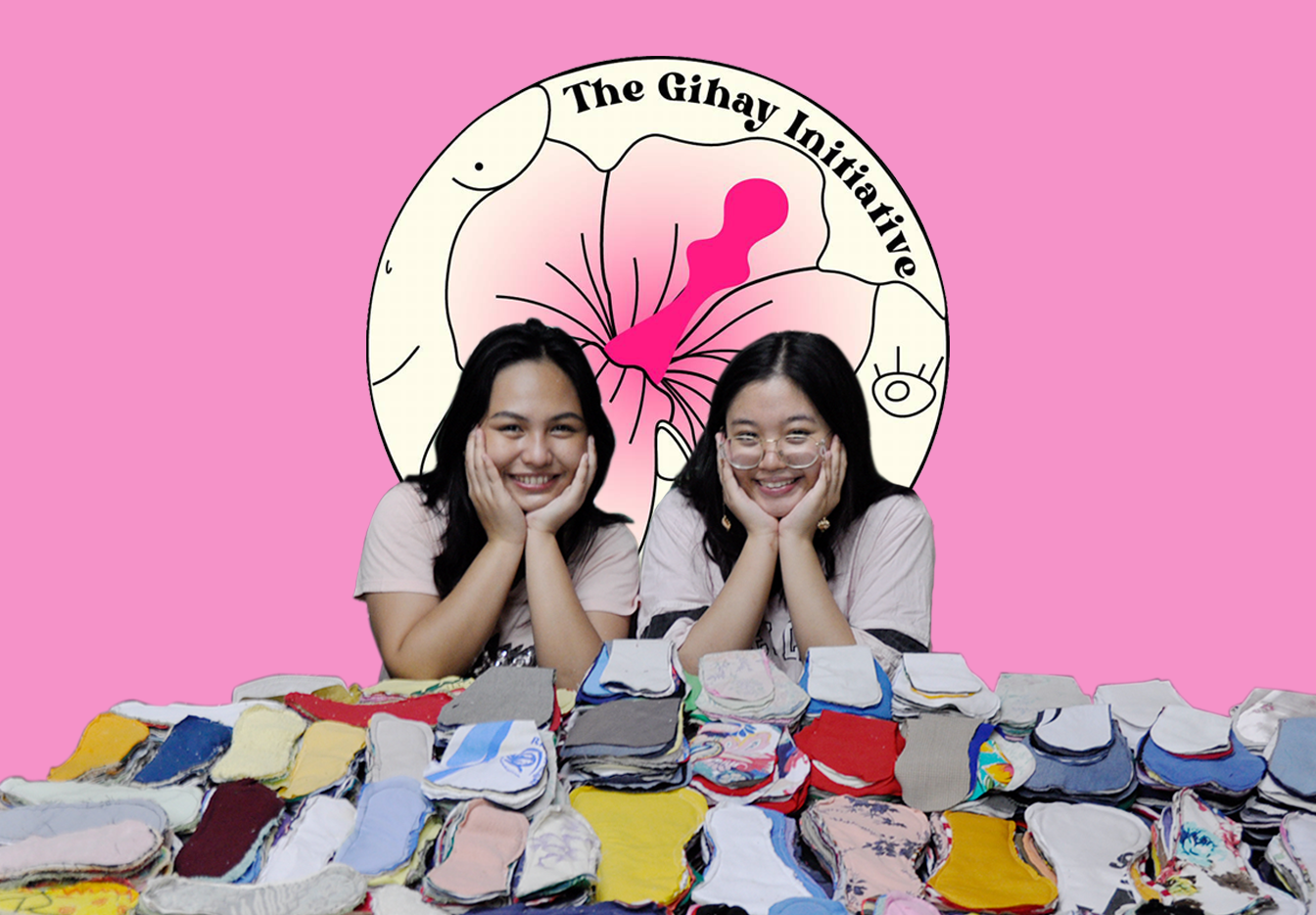One of the things most people would notice when browsing through old photos of their parents when they were little is how huge family sizes were back then. There would usually be around six to nine children with odd hairstyles, seated next to one’s grandparents, and it would be common to hear the joke, “Kugihan kaayo imong lolo’g lola sauna” (“Your lolo and lola were very hardworking back then”)
Such is no longer the case these days, as family photos, although grander and often themed, have now fewer participants. Young women are now choosing to have fewer children, or none at all, instead of continuing the olden dream of forming basketball teams in their homes.
The latest figures from the Philippine Statistics Authority show that the total fertility rate in the country has steadily declined over the years, from 4.1 children per woman in 1993 to 2.7 children per woman in 2017. The 2017 National Demographic and Health Survey (NDHS) reveals an increase in the use of family planning methods among married women from 40% to 54% during the same period, as well as a decreasing trend in the number of registered live births in the country.
This direction is projected to go on, according to the demographic estimates by the United Nations Populations Divisions.
Standing firm on one’s conscious decision to be childless or to have fewer children is, however, challenging, in this society where religion and family planning practices continue to intersect.
“Being raised as a Catholic, contraception has been an issue with my mom. However, I made her realize that my choice to have fewer children through contraception is being practical. I don’t see it as ‘evil’ and it wouldn’t’ make me less of a person,” shares Precious, 30.
Women are still called ‘selfish’ for not wanting to have children or big families, because this is still seen by many as a disobedience to the teachings on procreation by the Catholic Church. What’s worse is how they make women feel guilty with the line, “But children are blessings!” when they share about this decision with others.
Yes, children are blessings. But they are also a lot of work.
More on g.spot: I’m a Woman But I Don’t Want to Be a Mom
No. 1: Money, Hayst!
“Having a kid is very expensive. The costs do not stop with the milk and diapers. You have to prepare for his or her future. Financial stability is one factor we consider in family planning,” says 31-year old Donna Lobingco, who is already happy with having just one child.
Fila Bensi, 30, says parenting requires proper budgeting for so many expenses.
“It is very hard to raise a baby. Aside from their physical needs, you have to think of their insurance, education, and set aside money for leisure activities as a family.”
Parents want to focus and invest more in each child by giving them different learning opportunities, and this would be best achieved by having a smaller family size.
Gone were the days when a string and plastic bag to make a kite were all it took to entertain kids during the summer. Now, parents have the option to take them to vlogging workshops, music school, sports clinics, and different social activities that usually don’t come cheap. There are now more tools and avenues for development offered for children, and parents want to invest in them to allow their kids to achieve their full potentials.
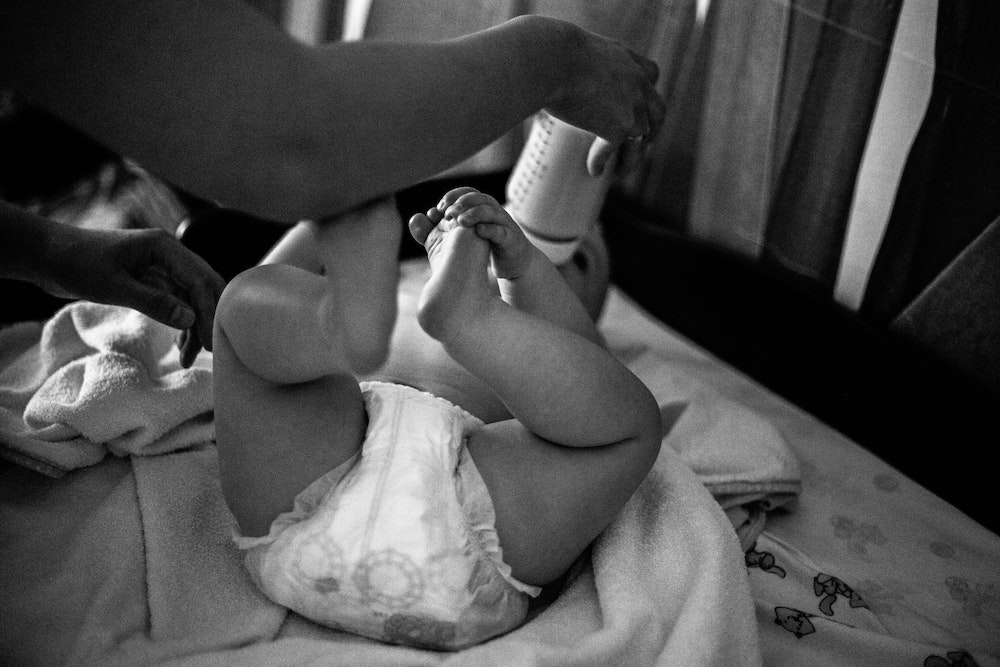
No. 2: Wanted Yaya
Either for personal or economic reasons, a lot of mothers resume to work after their maternity leaves expire, which leads to another dilemma when having kids—the difficulty in securing a trustworthy nanny.
“Yayas are so hard to find these days and because commodities are now so expensive, it’s hard to have only one person earning in the family,” says Fila.
Not all women have relatives to leave their kids with while they work, so when their child’s nanny starts acting up or worse, ghosts them, they have no choice but to be absent from duty. The recurrence of this situation has been among the leading causes of stress for mothers, that some of them decide to temporarily quit their jobs to focus on their child, and swear to never have babies again so that they can bounce back on their careers as soon as their child reaches school age.
Women have more options and control over the direction of their lives now, and if they’d say they want to retire from baby-making at age 30 to get back to their jobs, they do mean it.
No. 3: The Invisible Labor
It is impossible to describe both the physical and mental workload of mothers and no matter how hard people try to achieve equality between couples, research reveals that parenting is still highly gendered.
Mothers are often more tired and stressed when taking care of the kids, even if dads are now more involved in childcare than in the past. This is because they are the ones who usually keep track of the day-to-day tasks in the household and the needs of every member of the family—from doctors appointments, school requirements, grocery lists, to weekly menus.
Just merely thinking about all the to-do-lists is a full time job in itself that needs at least 10 tabs open in one’s head, even when asleep.
Postpartum depression is also a different story, but still points out to how emotionally exhausting motherhood can be, which is why a lot of mothers say they’ve hit the quota after having one or two children.
No. 4: The Perfectionism around Motherhood
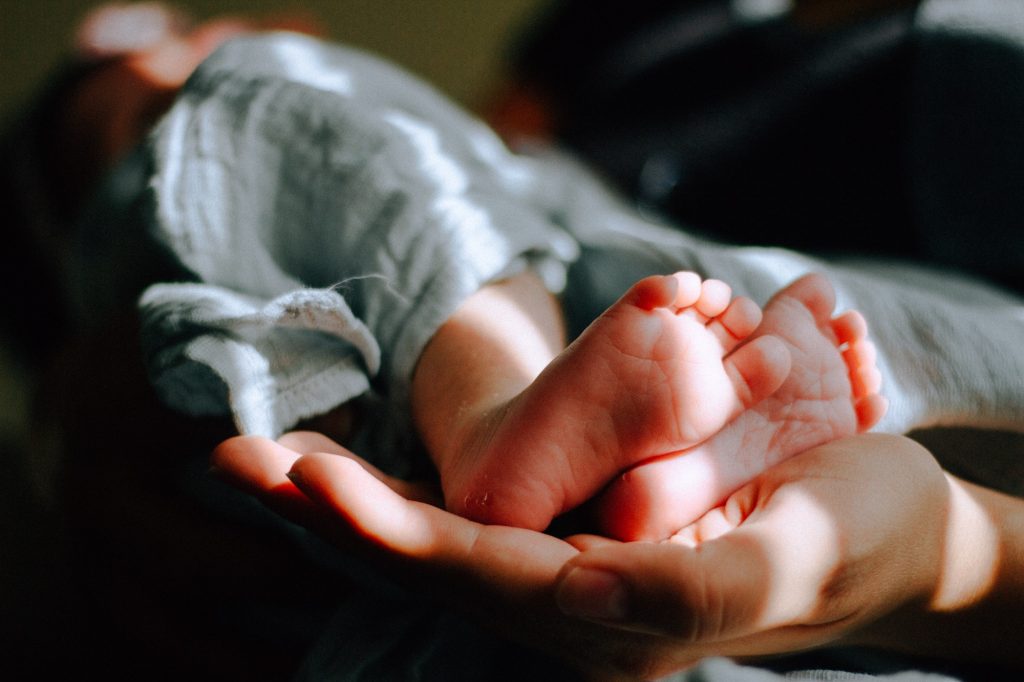
Thanks to social media, anyone can already comment on how a mother chooses to raise her children.
A mom uploads a video of her baby’s first ear piercing, she get lambasted for not respecting her child’s rights over her body. She posts a selfie showing her artificial nails, she gets told this is no way to handle an infant.
“You should breastfeed,” “Let them eat organic,” “Never allow screentime!”—the standards on motherhood are getting ridiculously higher, it’s driving moms crazy!
“I think parenting is more challenging now because of the higher expectations we have to meet. There are too many judgments from the society if we don’t raise our kids well,” says Precious.
No. 5: Threats and Uncertainties
Moms only want what is best for their children and they would not want to bring more kids into this world that faces an increasing number of threats everyday.
Problems like climate change, higher living costs, and the latest COVID-19 pandemic are among the concerns that make mothers anxious about their children’s future.
“My husband and I fear raising a lot of kids, especially now that there are a lot of unexpected things happening,” says Madine, a mother of two.
According to a recent report by UNICEF, “the world is failing to provide children with a healthy life” because of immediate threats from ecological degradation and exploitative marketing practices of harmful substances such as processed fast food, alcohol, and tobacco, that are directed at children and adolescents.
Ultimately, more and more women think that they can be better mothers to just one or two children, than to multiple children, and society has to accept that.
Cultural and religious beliefs are just as important as a woman’s freedom to limit her family size and to control her reproductive life. So when a woman says she doesn’t want to have any more kids because she’s had enough, or because she wants to feel valued outside her home, or because she wants to go back to the gym regularly, let her be.
Mothers make choices based on what’s best for them and their families and nobody has the right to pass judgment on their decisions.
People may mean well when asking “When are you having another child?” but this question is intrusive and can bear more weight than expected, so it’s best to M.Y.O.B.




